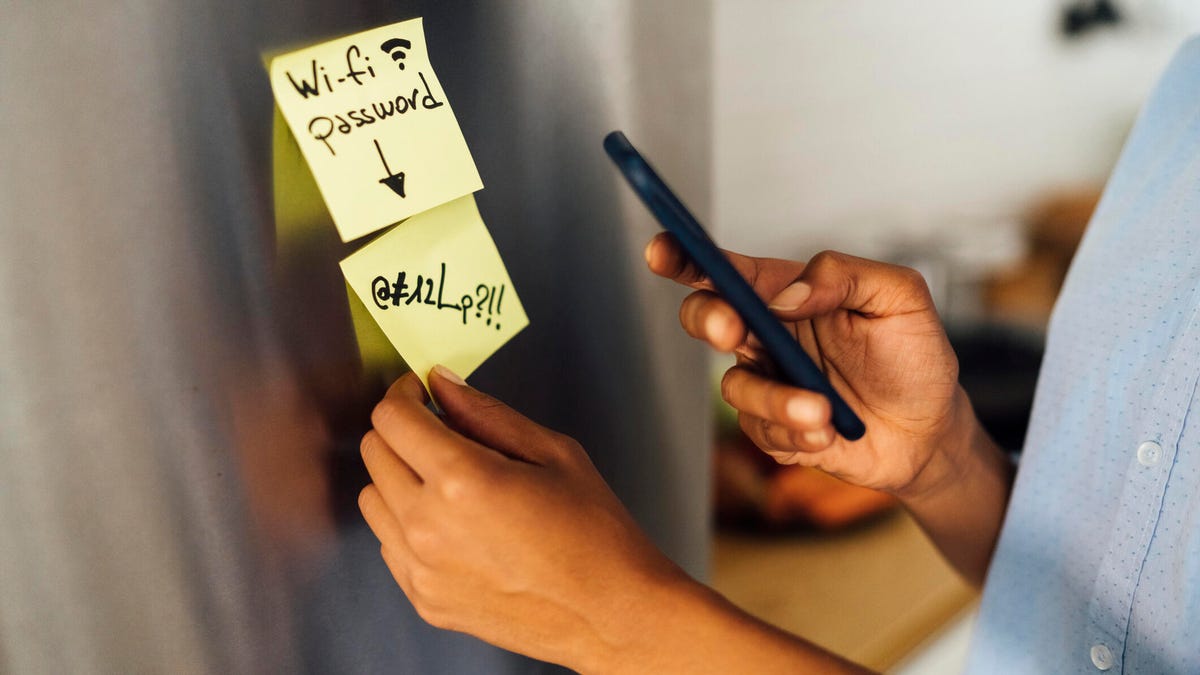Home device passwords can be a headache to manage, but they're also a major source of security vulnerabilities. That's especially true when we use casual passwords while setting up new technology and then forget about them. Fortunately, now is an excellent time for a smart home password checkup.
I'll cover the top necessary changes that won't just make your personal info more secure -- they'll also make all those home passwords easier to manage in the future. If you haven't done these vital steps yet, here's where to start.
Upgrade lazy passwords for new devices
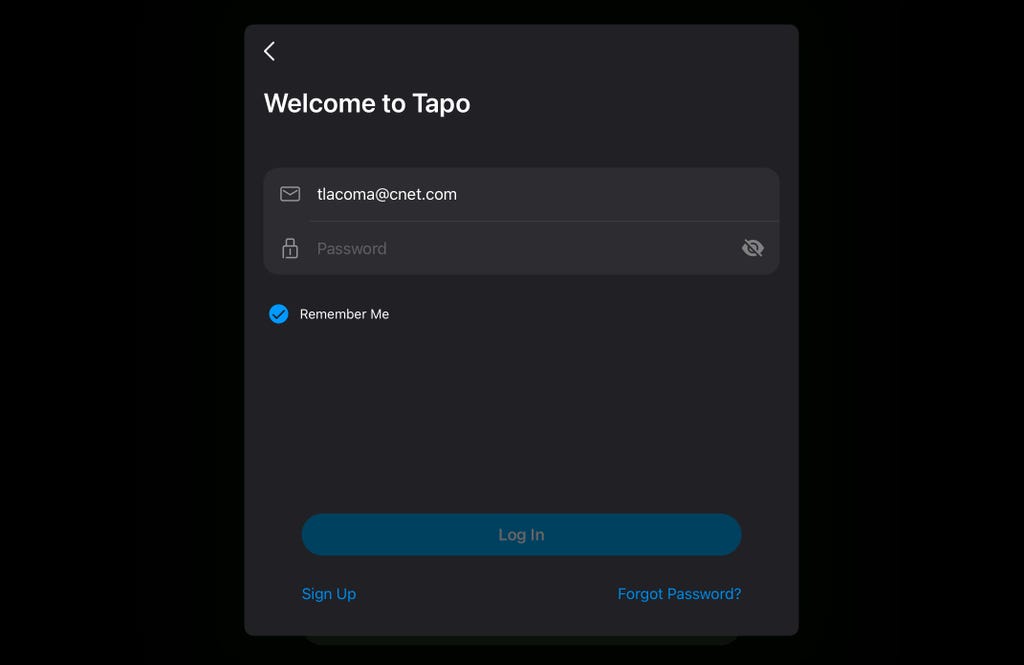
The login screen for the Tapo smart home app. Tyler Lacoma/CNET
Many people received new smart home gadgets for the holidays or various new year's resolutions (like fitness tech). I know from personal experience that when trying to set up your new device, it's easy to just choose a quick, simple-to-remember password for your account and move on. You may even promise yourself that you'll change it later. That rarely happens.
Now is the perfect time to review the smart home devices that you've got in the past year and make sure that each app and account you sign up for has a strong password. This is a key line of defense for every device in your home and you don't want new devices to be vulnerable, especially if you recently got a security cam or something similar.
If you didn't turn on available two-factor authentication options for your login, now is also the time to enable this important security feature.
Replace old passwords with more complex versions

Complex passwords are a must in today's digital landscape.
While home hacking is very rare, it's more common (unfortunately) for devices to be invaded by roommates, family or exes who already know your old passwords or can guess them. And if a cybercriminal ever does try to hack into your home, they're likely to start with brute force methods of finding more basic passwords.
Fix this problem by checking of all your older passwords, especially those you haven't thought much about in years. Replace old and simplistic passwords with complex versions that are well protected (no sticky notes on the computer, in other words). Bring the family together and hold the big password-updating event together if necessary.
Remember, good passwords combine upper and lower case letters, numbers and symbols. Don't give into the temptation to use one of the most common and weakest passwords like "123456" or, yes, even "password."
Create a robust Wi-Fi password
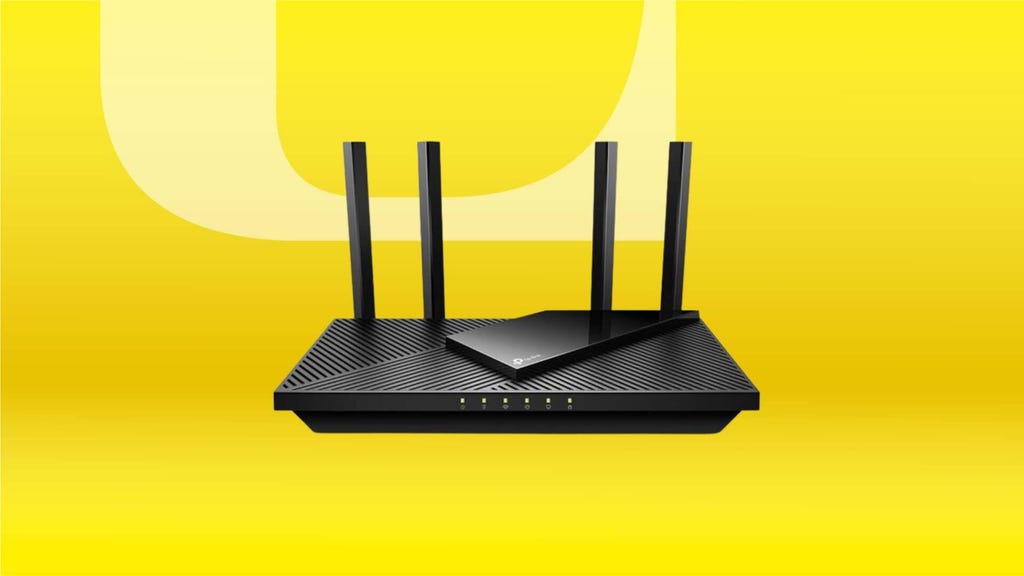
TP-Link's router. TP-Link/CNET
Your Wi-Fi network is the gateway to most of your smart home and home security technology and one of the easiest ways for someone to digitally sneak inside. Prioritize giving your Wi-Fi network a particularly robust password that's difficult to guess or copy. If you frequently have people over, create a guest Wi-Fi network with a password that you can share with them.
Oh, and if you haven't checked your Wi-Fi settings in a while, dive in and make sure you're at least using WPA2 encryption for all devices and WPA3 for any that support it. This could be a good time to get a new router if necessary.
Delete repeated passwords
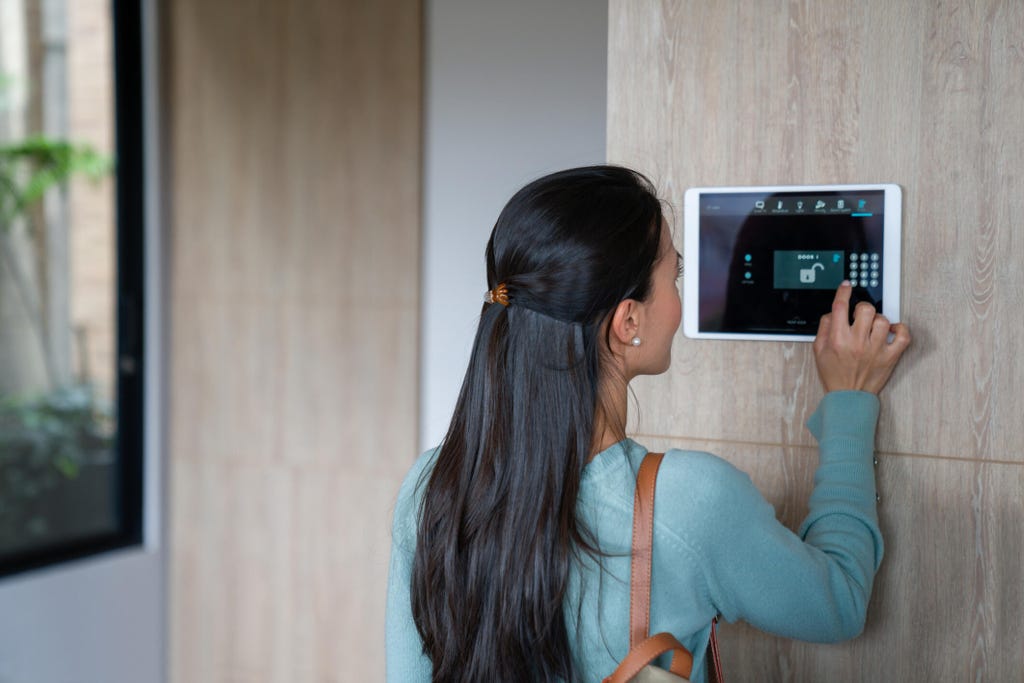
Repeat passwords are a dangerous practice for any home security. Hispanolistic via Getty
It's especially easy to repeat the same password for smart home and home security devices to help keep everything organized and straightforward. But this common security mistake leaves your devices and accounts more vulnerable than ever. Guessing or forcing one password can give cyber trespassers access to many more devices.
So as you review your password habits, change any smart home passwords that repeat. The same goes for keypad codes to gain access and home safe codes. Make sure everything login is unique.
Adopt a password manager
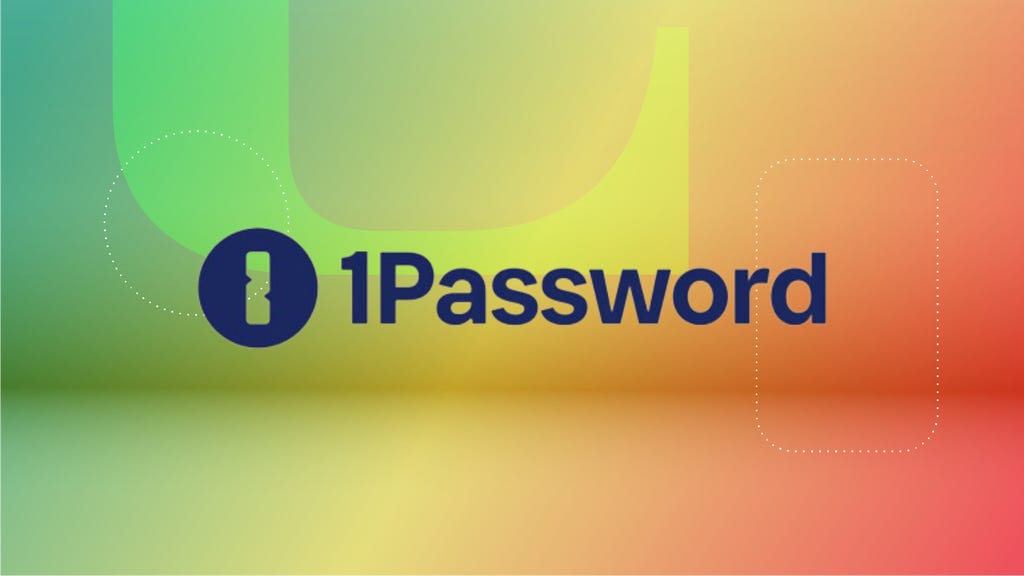
1Password software is one of the better options for juggling multiple device logins. 1Password/CNET
A password manager helps you complete all the other steps with minimal stress. It can generate and save passwords for you automatically when you set up new devices, replace old passwords with just a few seconds of work and give you suggestions on which of your passwords are repeats or too simple. They can also save any number of passcodes or emergency numbers and phrases.
Many password managers are free, and those with subscriptions typically cost only a couple of dollars each month, making them a worthy addition to any home. Check out our guide to the best choices.
Bonus tip: Check all devices for updates
Review all your home smart home apps and devices. If there are any firmware updates available, apply them immediately. Many updates will load automatically, but sometimes, they can get blocked or require individual permissions. Firmware updates like these are vital to keeping security tight and helping your passwords stay effective.
With your passwords taken care of, check out the top home security mistakes to stop making, the best security tips of you're living solo and important security suggestions before a vacation.



